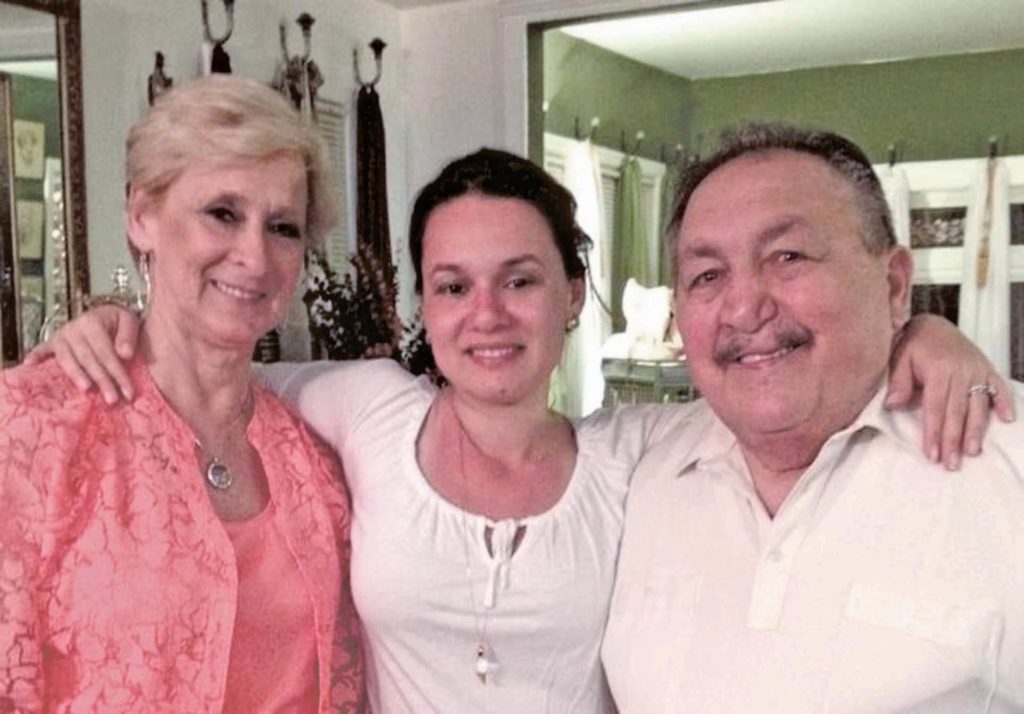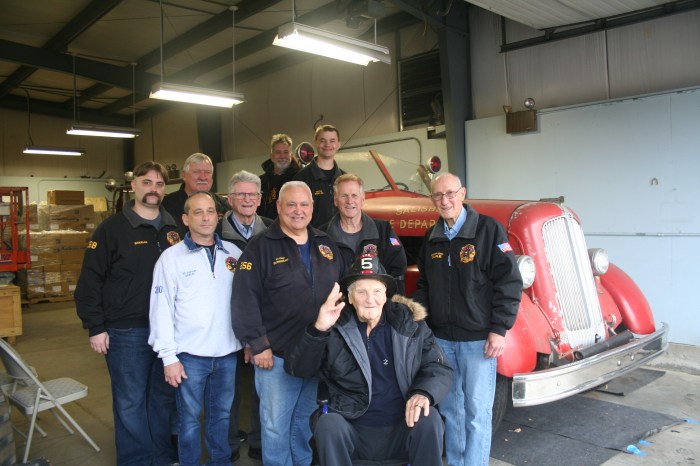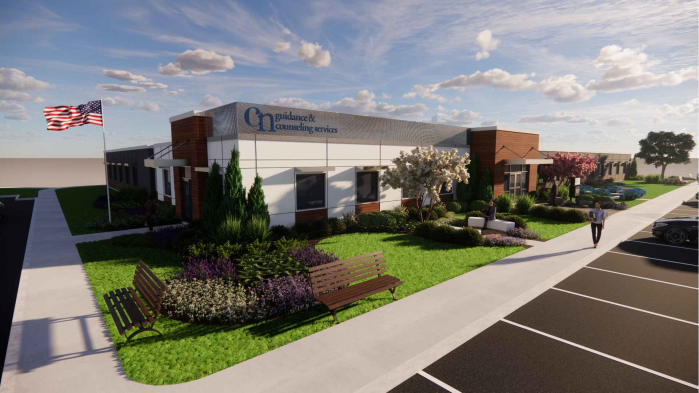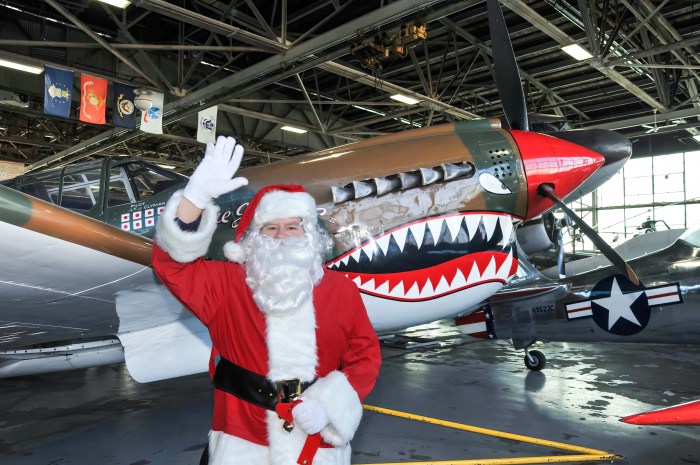Grappling with a new reality when a loved one passes on

(Photo courtesy of Paul DiSclafani)
By the time you read this story, coronavirus deaths in the United States will be well north of 110,000. And while these numbers are quite staggering they are far more than just integers—these are people with families dealing with enormous loss and pain. It’s an experience that longtime Anton Media Group columnist Paul DiSclafani had to deal with recently when his Uncle Anthony passed away from COVID-19 back in April. The sixth of seven children, the elder DiSclafani left behind a wife Joanne, three sons (Charlie, Michael and Joseph) and daughter Lisa Marie. The Ozone Park resident’s passing was unexpected and quite a blow to his close-knit family.
“Not only couldn’t we not see him, we couldn’t even go to my Aunt Joanne’s house,” the younger DiSclafani said. “They kept it from us for a long time because he was in the hospital for a month and also because my mother is 87 and they didn’t want to upset her. But once it started getting bad, they had to tell her. Then we all found out about it. They felt he was in the hospital, get better and come out of there. But when things started to take a turn for the worse, they knew they had to tell everybody. It’s so weird that it would happen to him, although he had a lot of underlying conditions. He was overweight and had slight emphysema, which I’m sure exacerbated this whole thing. The biggest issue obviously was that we couldn’t go see him.”
The isolation of social distancing meant the DiSclafani clan had to significantly alter how they grieved. His casket was brought outside of his church, where the priest administered last rites outside of the building. The hearse then took a tour of his Ozone Park neighborhood, where friends bid goodbye clutching balloons and signs. His final resting place was out at Pinelawn Memorial Park and Arboretum in Farmingdale, where mourners were discouraged from grouping together. It was quite a surreal experience for Paul DiSclafani.
“When we drove through his neighborhood, everyone was trying to celebrate his life and not his death,” DiSclafani said. “When everyone came out to Pinelawn, we met them out here. But everybody had to stay in their cars and you couldn’t gather around the gravesite. They wouldn’t even let you drop flowers. They didn’t want more than 10 people at a time. We just kind of hung around outside. Everybody was hugging each other and crying. You broke social distancing…nobody gave a [damn] at that point. We all had masks and gloves on. But what are you going to do? Stand 10 feet away from my Aunt Joanne and wave ‘hi, how are you doing?’ It wasn’t going to happen. But we couldn’t do it in a large group, so we did it in small groups of people. It was also the first time that we’d seen everybody.
DiSclafani describes his Uncle Anthony as “a child of the ‘50s,” who grew up in the East New York section of Brooklyn on Ashford Street, where he and his neighborhood buddies were part of the New Lots Boys, sometimes crossing paths with real-life underworld peers who were the inspiration for characters on a certain HBO series.
“At my uncle’s 40th or 50th birthday party, we got to meet his group of friends that he hung out with and they old us stories,” DiSclafani said. “Growing up, I remember him once telling us a story about how there were some people in the neighborhood who they didn’t think belonged in the neighborhood—they didn’t know who they were. They wound up [messing] with the wrong people. He said he was on the ground with a gun to his head and only a friend of his was able to talk the guy out of shooting him in the head. That’s the kind of thing that happened to him. He told us that the Mafia in New Jersey that The Sopranos was based on—some of those guys lived in their Brooklyn neighborhood and moved to New Jersey when they were kids.”

(Photo courtesy of Paul DiSclafani)
DiSclafani’s memories include Sunday dinners at his grandmother’s house with the whole clan, where numbers necessitated an adult and children’s table. Uncles Paulie and Anthony sat with the grown-ups, with each playing a distinctive role.
“Both of them were truck drivers with the same company and were about six years apart,” DiSclafani explained. “Uncle Paulie was more of a storyteller and while h was the one you would hear telling the story, my Uncle Anthony was the one you’d hear laughing. He was the one who enjoyed that more than anything.”
Not surprisingly, the inability of the DiSclafanis to get together in the wake of this personal loss has made navigating COVID-19 all the more difficult. While the Massapequa native wrote a column paying tribute to his uncle that served as a bit of a catharsis, the coronavirus chasm has made for an unnatural environment for his family, a state most people are also currently experiencing.
“Kidding around, I wrote in that article that I said we have get-togethers every time a kid’s shoe size changes,” he said. “Every time you see your family, it’s almost like you haven’t seen each other in years, even though you might have seen each other the day before. And to not be able to do that? I don’t know that it could be worse that he died, but to me, that was what made things more difficult.”































